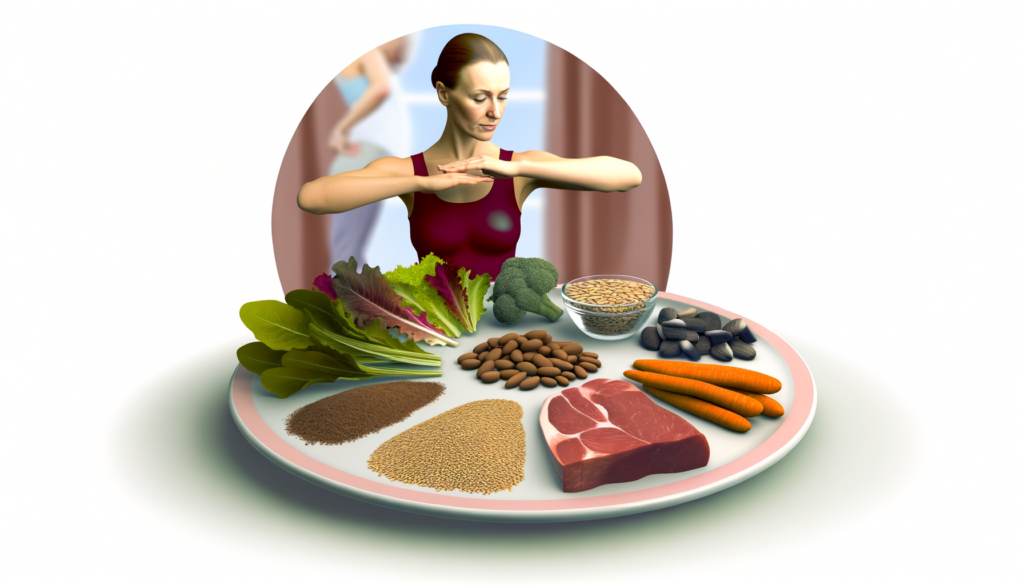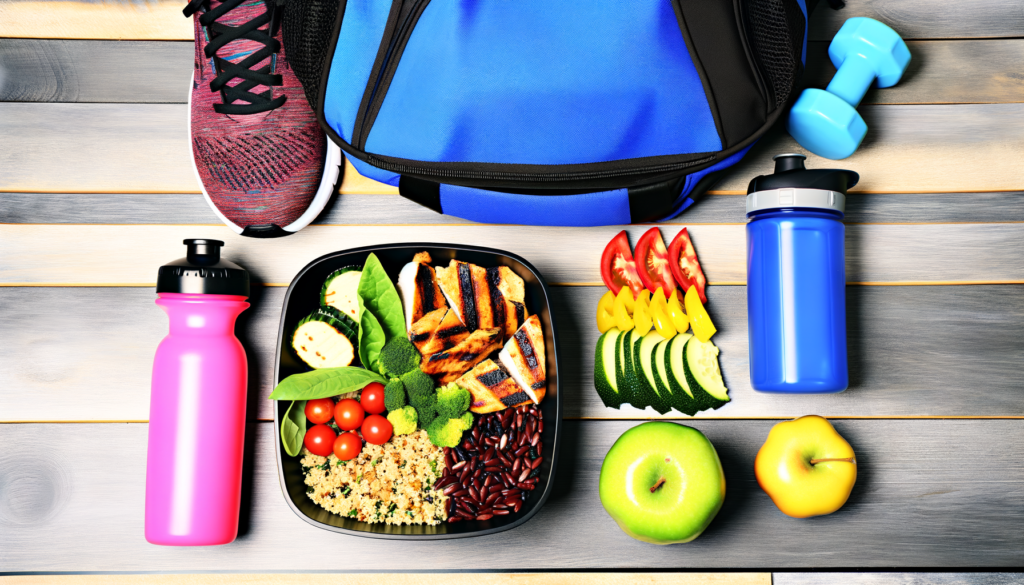## Optimizing Performance in Cold Environments
When it comes to participating in winter sports, athletes face unique nutritional challenges that can significantly impact their performance, recovery, and overall health. The cold weather and often high-altitude conditions of winter sports demand a tailored approach to nutrition to ensure optimal thermoregulation, energy production, and hydration.
### Pre-Workout Nutrition Strategies
Before diving into the cold, it is crucial to fuel your body appropriately. Here are some key pre-workout nutrition strategies:
Consuming a balanced meal or snack 3 hours before training is essential. This meal should be high in carbohydrates, moderate in protein, and low in fat. For example, whole grain cereal with fruit and Greek yogurt is an excellent choice.
If you have less time, a snack 2 hours before training can include 200 calories of carbohydrates and protein, such as an egg and whole grain toast, accompanied by two cups of fluid.
For shorter intervals, a light carbohydrate snack 1 hour before training, like fruit, can help top off muscle glycogen stores. Additionally, consuming half to one cup of fluid 15-20 minutes before training aids in hydration.
### In-Workout Fueling
During winter sports activities, the type and timing of fuel intake are critical.
For workouts lasting under one hour, the primary focus should be on fluid intake to maintain hydration. Consuming 2-4 ounces of fluid every 15 minutes is recommended, as thirst is not a reliable indicator of hydration needs.
For longer workouts, athletes should aim to consume 30 to 60 grams of carbohydrates per hour, evenly dispersed in 15-minute intervals, along with 2-4 ounces of fluid. This can be achieved through sports drinks, gels, blocks, or whole foods like date bars. In cold temperatures, warm fluids can be particularly beneficial.
### Post-Workout Recovery
After a workout, proper recovery nutrition is vital to replenish energy stores, support muscle repair, and rehydrate the body.
For every pound lost in sweat during training, athletes should consume 3 cups of fluid to maximize recovery and reduce muscle soreness. This can include water, sports drinks, or other hydrating beverages.
A post-workout snack or meal rich in carbohydrates and protein helps in replenishing glycogen stores and supporting muscle repair. This should be consumed within 30-60 minutes after the workout.
### Altitude Considerations
Training at high altitudes, common in many winter sports, presents additional nutritional challenges.
At altitudes above 5,000 feet, athletes experience decreased oxygen delivery to working muscles, which can impact performance. To adapt, it is essential to increase iron intake, fluid consumption, and maintain consistent carbohydrate intake. Athletes may also experience increased resting metabolic rate and decreased appetite, which can lead to weight loss if not managed properly.
A daily intake of three meals and three snacks, including carbohydrates, lean protein, and healthy fats, is recommended to meet calorie needs and prevent weight loss. It can take up to two or three weeks to fully adapt to altitude, so consistent fueling and hydration are crucial during this period.
### Thermoregulation and Hydration
Maintaining body temperature and hydration is critical in cold weather.
Dressing in moisture-wicking fabrics helps remove sweat and keep the skin dry, which is essential for thermoregulation. Removing extra layers as body heat builds up also aids in maintaining optimal body temperature.
Fluid intake is particularly important in cold environments. Athletes should make a conscious effort to drink regularly, even if they do not feel thirsty. For athletes training at altitude, a daily fluid intake of 4.5 liters and rehydration of 1.5 liters per kilogram of body mass lost after training are suggested.
### Specific Winter Sports Nutrition Needs
Different winter sports have unique nutritional requirements based on their intensity and duration.
For example, ski touring, which involves both uphill and downhill skiing, requires a significant amount of energy. Athletes should aim for 200-300 calories per hour, focusing on carbohydrates for quick energy production. Fluid intake should be around 12-16 ounces per hour, with an emphasis on electrolytes, particularly sodium.
In sports like ice hockey and figure skating, which involve high-intensity intermittent bouts, athletes need to ensure they consume adequate carbohydrates to replenish glycogen stores. A daily intake of 5-10 grams of carbohydrates per kilogram of body weight is recommended.
### Real-World Examples and Case Studies
Understanding the nutritional needs of winter sports athletes through real-world examples can provide valuable insights.
A study on female winter sports athletes highlighted that many of these athletes have inadequate energy intake relative to their estimated energy expenditure. This can lead to weight loss, decreased performance, and increased risk of injury. Ensuring adequate carbohydrate, protein, and fat intake, along with proper hydration, is essential for maintaining performance and health.
For recreational athletes engaging in activities like snowshoeing or cross-country skiing, simple fueling strategies can make a significant difference. Consuming balanced meals and snacks, including a mix of carbohydrates, protein, and healthy fats, and staying hydrated with fluids and electrolytes can enhance their experience and performance.
### Using Calorie Tracking Tools
Calorie tracking can be a powerful tool for winter sports athletes to optimize their nutrition.
Online tools like those available on Calorie Calculator Cloud and TrainingPeaks allow athletes to track their calorie, carbohydrate, fat, and protein intake easily. These tools help in identifying dietary gaps and ensuring that athletes meet their nutritional needs, which is particularly important in cold and high-altitude environments.
### Conclusion and Next Steps
In conclusion, winter sports athletes need to pay close attention to their nutritional intake to perform optimally in cold environments. Here are some key takeaways:
– **Pre-workout nutrition**: Focus on carbohydrate-rich meals and snacks, along with adequate hydration.
– **In-workout fueling**: Consume carbohydrates and fluids regularly, especially during long-duration activities.
– **Post-workout recovery**: Replenish energy stores with carbohydrates and protein, and rehydrate thoroughly.
– **Altitude considerations**: Increase iron intake, fluid consumption, and maintain consistent carbohydrate intake.
– **Thermoregulation and hydration**: Use moisture-wicking fabrics and drink regularly to maintain body temperature and hydration.
By following these guidelines and using tools like Calorie Calculator Plans, winter sports athletes can optimize their performance, prevent injuries, and enhance their overall health.
If you are serious about improving your performance in winter sports, consider integrating these nutritional strategies into your training regimen. For personalized nutrition plans and detailed calorie tracking, visit Calorie Calculator Cloud today.








